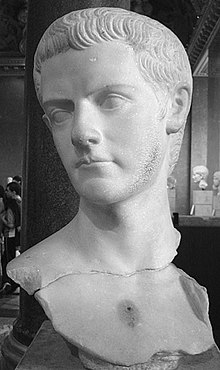Megalomania


Megalomania is a mental illness. People with megalomania have delusional fantasies that they are more relevant (important) or powerful than they truly are. They have inflated self esteem and overestimate their powers and beliefs. People with megalomania tend to exhibit a disposition that is less inclined towards humbleness..
The word "megalomania" is no longer used in the mental health field, and is not mentioned in either the Diagnostic and Statistical Manual of Mental Disorders (DSM) or the International Statistical Classification of Diseases (ICD). Instead, this condition is now called narcissistic personality disorder. The condition affects both men and women.
The word "megalomania" comes from two Greek words: "μεγαλο" (megalo-), meaning large or great, and "μανία" (mania), meaning madness or frenzy.
